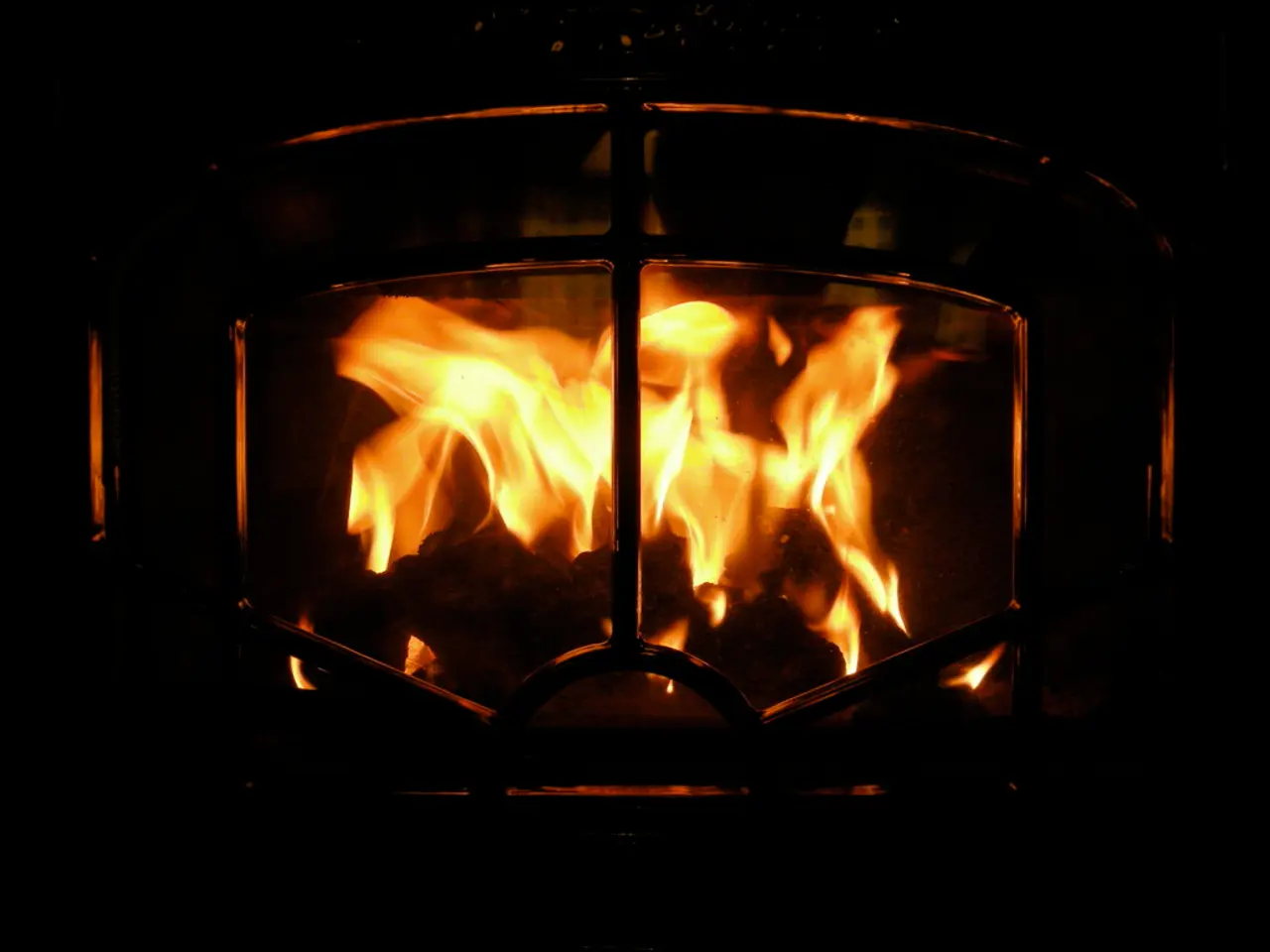Raging inferno engulfs mountain close to western Canadian urban center
The Canadian wildfire season of 2025 has been marked by an unprecedented surge in wildfire activity, particularly near the coast. This trend is largely attributed to climate change-induced conditions that have created a drier, more fire-prone environment in coastal areas that historically had lower wildfire risk.
Climate change influences wildfire trends in coastal Canada through warmer temperatures, reduced snowpack and shorter winters, earlier summer conditions, and drier landscapes. Elevated land and air temperatures dry out vegetation and soils, increasing flammability. Less snow and milder winters shorten the period during which natural moisture accumulates, leading to drier fuels earlier in the year. The earlier arrival of summer heat accelerates drying of landscapes, extending fire season length. Prolonged droughts and precipitation shifts reduce moisture availability, facilitating wildfire ignition and spread near the coast.
The Mount Underwood fire, located on Vancouver Island in British Columbia, is a prime example of this worrying trend. John Jack, a First Nations chief and regional official, stated that the fire is unlike anything seen on Vancouver Island before. Ted Hagard, an employee at Port Alberni's paper mill, is closely monitoring the fire on social media, describing it as "insane how huge it is."
The 2025 wildfire season has been severe, with over 7.6 million hectares burned, an area nearly as large as Panama. This wildfire season is Canada's second-worst in terms of landmass burned, based on figures dating back to 1983. Every province and territory in Canada is impacted by these wildfires, with 161 of them considered out of control.
The smoke from these wildfires has affected people far beyond Canada's borders, reaching western Europe and putting tens of millions of people under air quality alerts in both Canada and the United States. In Canada, parts of the capital St. John's in the easternmost province of Newfoundland and Labrador have received evacuation orders.
Despite the severity of the current wildfire season, it is not expected to surpass the 2023 season, when 17.3 million hectares burned. However, the increased wildfire activity near the coast is a concerning development that underscores the need for urgent action to combat climate change.
Russ Wetas, a resident of Port Alberni who has lived there since 1956, is among those closely watching the situation unfold. It remains unclear if Port Alberni, approximately 10 kilometers north of the Mount Underwood fire, will be evacuated.
As the wildfire season progresses, it is crucial to stay informed, follow evacuation orders, and support those affected by these devastating fires. The increased wildfire activity near Canada's coasts is a stark reminder of the far-reaching impacts of climate change and the urgent need for action to mitigate its effects.
- The surge in wildfire activity near the coast during the 2025 Canadian wildfire season can be linked to the influence of climate change on weather patterns, as warmer temperatures, reduced snowpack, shorter winters, and drier landscapes increase flammability.
- Environmental-science experts have noted that Prolonged droughts and precipitation shifts associated with climate change reduce moisture availability, making it easier for wildfires to ignite and spread, as seen in the Mount Underwood fire on Vancouver Island in British Columbia.
- In order to protect communities such as Port Alberni, which is near the Mount Underwood fire and still faces potential evacuation, it is crucial to invest in weather-forecasting technologies and climate-change mitigation strategies to address the increased wildfire activity along Canada's coasts.








